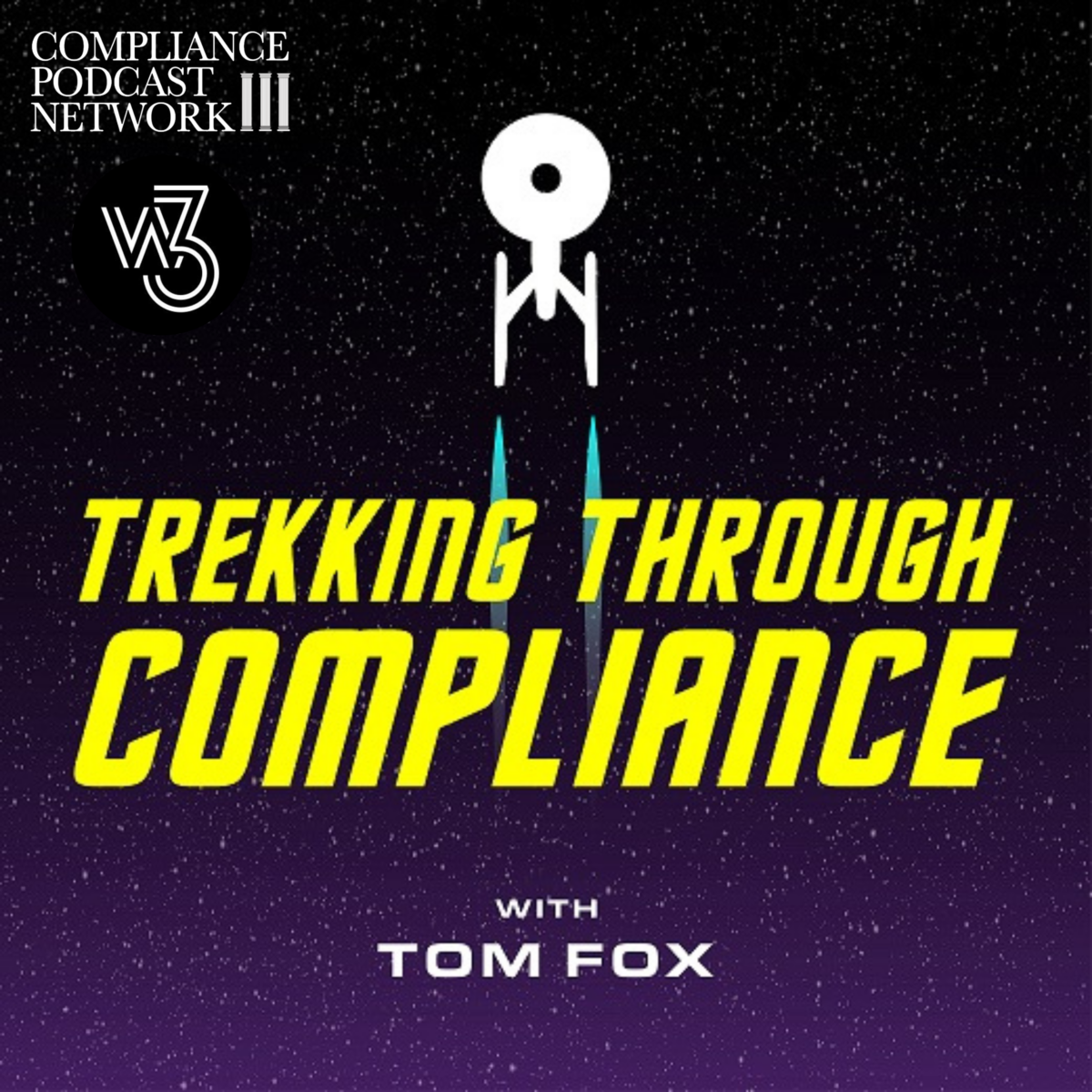This blog post concludes a five-part series I ran this week on some of the keys intersecting AI and compliance. Yesterday, I wrote that businesses must proactively address the potential for bias at every stage of the AI lifecycle—from data collection and model development to deployment and ongoing monitoring. In this final blog post, I deeply dive into continuously monitoring your AI. We begin this final Part 5 with some key challenges organizations must navigate to accomplish this task.
As we noted yesterday, data availability and high data quality are essential. Garbage In, Garbage Out. Robust bias monitoring requires access to comprehensive, high-quality data that accurately reflects the real-world performance of your AI system. Acquiring and maintaining such datasets can be resource-intensive, especially as the scale and complexity of the AI system grow. However, this is precisely what the Department of Justice (DOJ) expects from a corporate compliance function.
How have you determined your key performance indicators (KPIs) and interpretation? Selecting the appropriate fairness metrics to track and interpret the results can be complex. Different KPIs may capture various aspects of bias, and tradeoffs between them can exist. Determining the proper thresholds and interpreting the significance of observed disparities requires deep expertise.
Has your AI engaged in Model Drift or Concept Shift? Compliance professionals are aware of the dreaded ‘mission creep. AI models can exhibit “drift” over time, where their performance and behavior gradually diverge from the original design and training. Additionally, the underlying data distributions and real-world conditions can change, leading to a “concept shift” that renders the AI’s outputs less reliable. Continuously monitoring these issues and making timely adjustments is critical but challenging. Companies will need to establish clear decision-making frameworks and processes to address model drift and concept shift.
Operational complexity is a critical issue in continuous AI monitoring. Integrating continuous bias monitoring and mitigation into the AI system’s operational lifecycle can be logistically complex. This requires coordinating data collection, model retraining, and deployment across multiple teams and systems while ensuring minimal service disruptions.
Everyone must buy in or in business-speak – Organizational Alignment must be in place. Not surprisingly, it all starts with the tone at the top. Your organization should foster a responsible AI development and deployment culture with solid organizational alignment and leadership commitment. Maintaining a sustained focus on bias monitoring and mitigation requires buy-in and alignment across the organization, from executive leadership to individual contributors. Overcoming organizational silos, competing priorities, and resistance to change can be significant hurdles.
There will be evolving regulations and standards. The regulatory landscape governing the responsible use of AI is rapidly growing, with new laws and industry guidelines emerging. Keeping pace with these changes and adapting internal processes can be an ongoing challenge. Staying informed about evolving regulations and industry standards and adapting internal processes will be mission-critical.
The concept of AI explainability and interpretability will be critical going forward. As AI systems become more complex, providing clear, explainable rationales for their decisions and observed biases becomes increasingly crucial. Enhancing the interpretability of these systems is essential for effective bias monitoring and mitigation. This will be improved by developing robust data management practices to ensure the availability and quality of data for bias monitoring. The bottom line is that companies should prioritize research and development to improve the explainability and interpretability of AI systems, enabling more effective bias monitoring and mitigation.
A financial commitment will be required, as continuous bias monitoring and adjustment can be resource-intensive. It requires dedicated personnel, infrastructure, and budget allocations and investing in specialized expertise, both in-house and through external partnerships, to enhance the selection and interpretation of fairness metrics. Organizations must balance these needs against other business priorities and operational constraints. Companies must allocate the necessary resources, including dedicated personnel, infrastructure, and budget, to sustain continuous bias monitoring and adjustment efforts.
Organizations should adopt a comprehensive, well-resourced approach to AI governance and bias management to overcome these challenges. This includes developing robust data management practices, investing in specialized expertise, establishing clear decision-making frameworks, and fostering a responsible AI development and deployment culture.
Continuous monitoring and adjusting AI systems for bias is a complex, ongoing endeavor, but it is critical to ensure these powerful technologies’ ethical and equitable use. By proactively addressing the challenges, organizations can unlock AI’s full potential while upholding their commitment to fairness and non-discrimination.
By proactively addressing these challenges, organizations can unlock AI’s full potential while upholding their commitment to fairness and non-discrimination. Continuous monitoring and adjusting AI systems for bias is a complex, ongoing endeavor, but it is a critical component of responsible AI development and deployment.
As the AI landscape continues to evolve, organizations prioritizing this crucial task will be well-positioned to navigate the ethical and regulatory landscape, build trust with their stakeholders, and drive sustainable innovation that benefits society.








